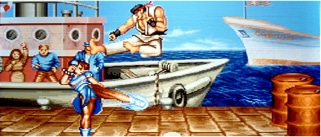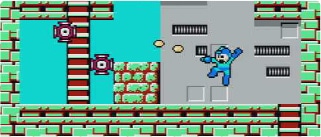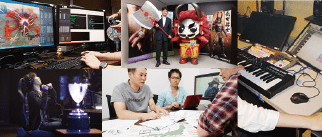- Value
Creation
Story(PDF) - CEO
Commitment - COO Growth
strategy - CHO
COMMITMENT - CFO
COMMITMENT - Development
- Corporate
Governance
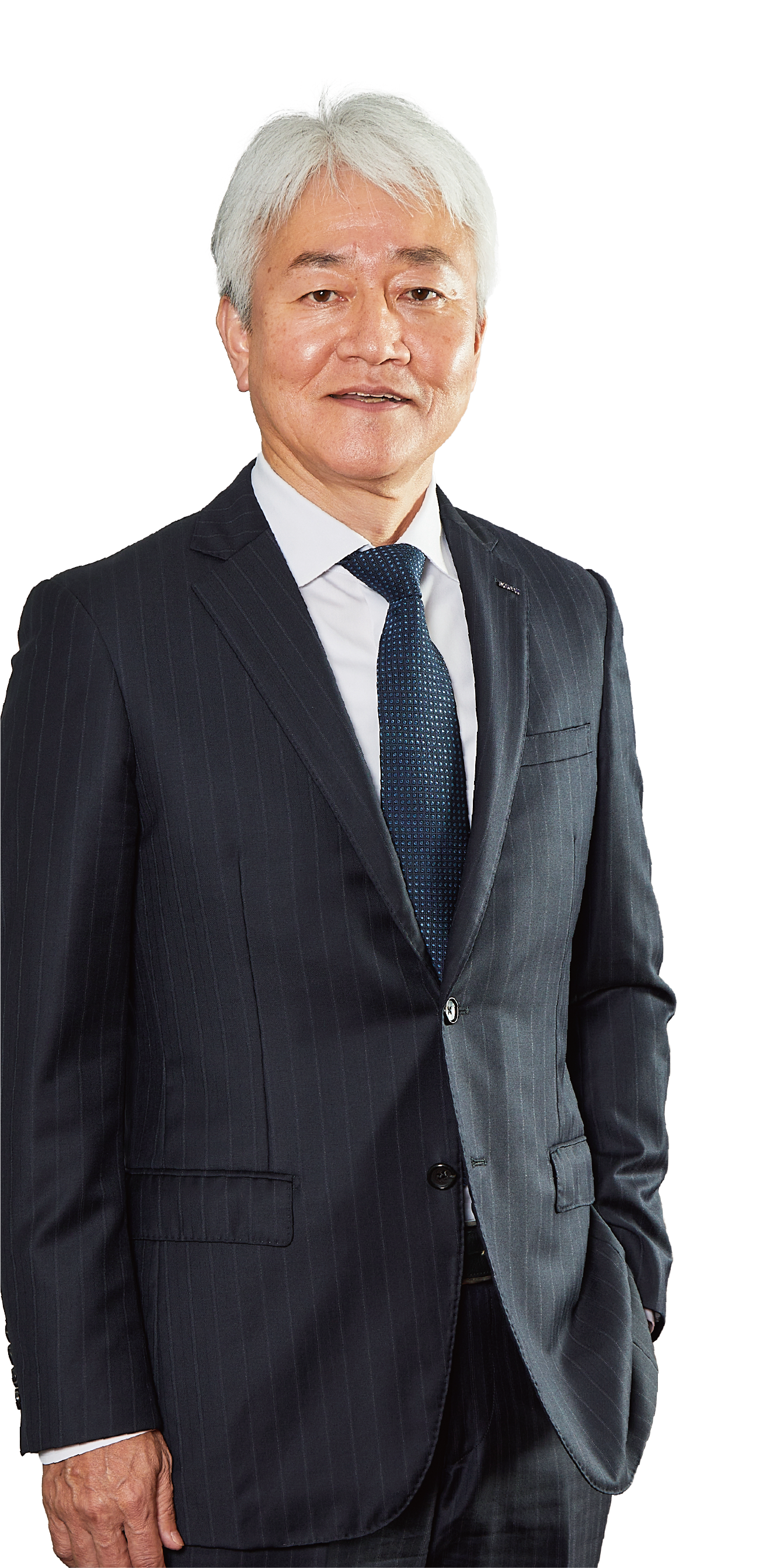
Optimal management resource allocation for creating superior brands loved worldwide
Yoichi Egawa
Director and Executive Corporate Officer in charge of Development Divisions and Pachinko & Pachislo Business Divisions of the Company
Optimal management resource allocation for creating superior brands loved worldwide
Yoichi Egawa
Director and Executive Corporate Officer in charge of Development Divisions and Pachinko & Pachislo Business Divisions of the Company
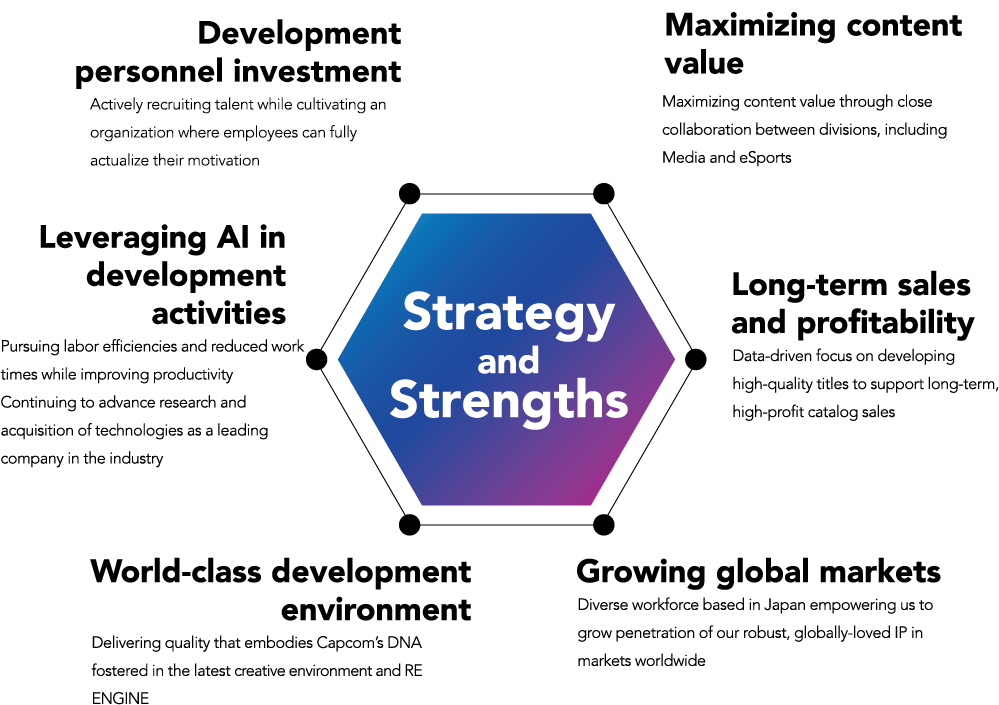

Overall development policy
Our employees’ passion and dedication to craftsmanship along with data-driven, user-focused strategies, have enabled us to achieve 10 consecutive years of operating income growth and our highest-ever sales volume, despite the rapidly evolving game market.
The starting point to achieving our medium-term management goal of increasing operating income by 10% each fiscal year is the strategic allocation of development resources. We analyze sales information and marketing data from each division, consider which of our major IPs to release, including series such as Resident Evil and Monster Hunter, and then allocate funds, human resources, technology, and equipment accordingly. The current game creation process can involve a team of 100 to 300 creators, grouped by their specializations, all working to create a single title over several years, necessitating clear-cut decision making. Following our plans, we strive for optimally-timed releases of worldclass quality titles.
In recent years, digital sales have become the mainstream channel for game software sales, from downloading content to making payments online. We also focus our operations on sustaining customer satisfaction, such as with regular events and by distributing additional content. Our aim is to be the world’s number one game content company, capitalizing on both our proprietary IPs and talented employees, who have inherited Capcom’s DNA.
Development strategy
Based on our medium-term management plan, we are working to expand sales globally by developing both new entries in our existing series and all-new IPs, while also leveraging current technology to evolve and remake past titles in popular series. Street Fighter 6 was released in June 2023 and represents one of Capcom’s most iconic IPs. The series marked its 35th anniversary in 2022 and is also a brand that I was once personally involved with as a developer. With cumulative sales of the series exceeding 50 million copies, Street Fighter has become the driving force in the versus fighting genre in eSports and is contributing to Capcom’s increased name recognition.
In July 2023, we launched a completely new IP called Exoprimal, an online team-based action game. Exoprimal will plant the seeds for the next generation of our games, expanding the possibilities of cross-play, which allows team and head-to-head action across different hardware. I feel that these new initiatives will help to motivate our talent and revitalize our development teams.
Creating games demands quality, speed, and efficiency. This is made possible by RE ENGINE, our proprietary game development engine. RE ENGINE not only drives efficient development, but also maximizes performance on each platform, enabling high-quality game development while supporting cutting-edge technologies such as VR. We further aim to shorten development times and improve game quality by upgrading our facilities, such as with our newly opened Creative Studio.
Cooperative Development Divisions
Our development divisions are currently staffed by approximately 2,500 people. We are able to optimize the increasingly larger and more time-consuming process of game development by coordinating between our divisions, which are not limited to Development Division 1 and Division 2, where games are created, but also include divisions that carry out fundamental technical research, multifaceted support, and quality control. As exemplified by Resident Evil in Division 1, and Monster Hunter and Street Fighter in Division 2, we create unique worlds and produce content that resonates globally with a development style that fully capitalizes on the characteristics of each division. Along with RE ENGINE, this development environment is optimized for each title and enables us to pursue the high quality standards demanded by our creative teams.
In addition to quality control, such as content bug checks, we are improving efficiency, including by utilizing discriminatory AI to carry out trademark-related checks. At the same time, we are carefully examining the possibilities and risks inherent in generative AI, which has been a hot topic recently.
Training developpers
People stand at the core of game development. Since 2013, when we decided to focus on in-house development, we have actively hired more than 100 developers every year. Many applicants are attracted by our brands, and there are cases where they apply from completely different industries. This diversification of talent enriches the foundation for game development.
Newly hired younger employees are assigned to practical training to master on-site know-how and skills so that they can quickly play an active role. To ensure development teams can share in management’s perspective, we have introduced initiatives such as holding dialogues with management through company briefings, as well as performance-linked bonuses, and a stock-based remuneration system. We stand committed to enhancing our work environment and systems to enable individuals to maximize their abilities and work with a sense of satisfaction and ambition.




